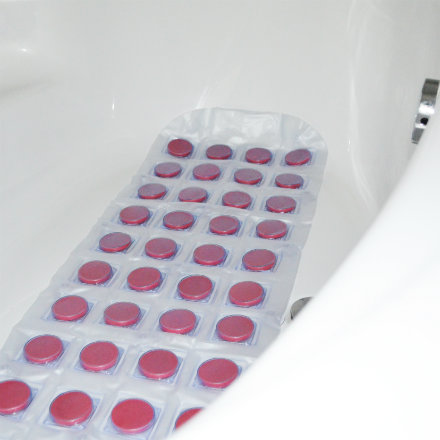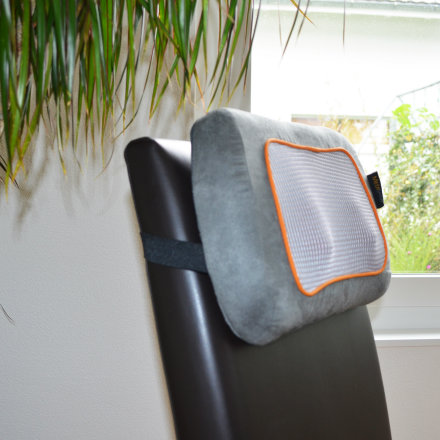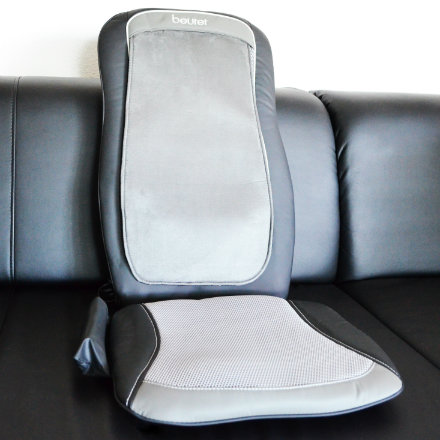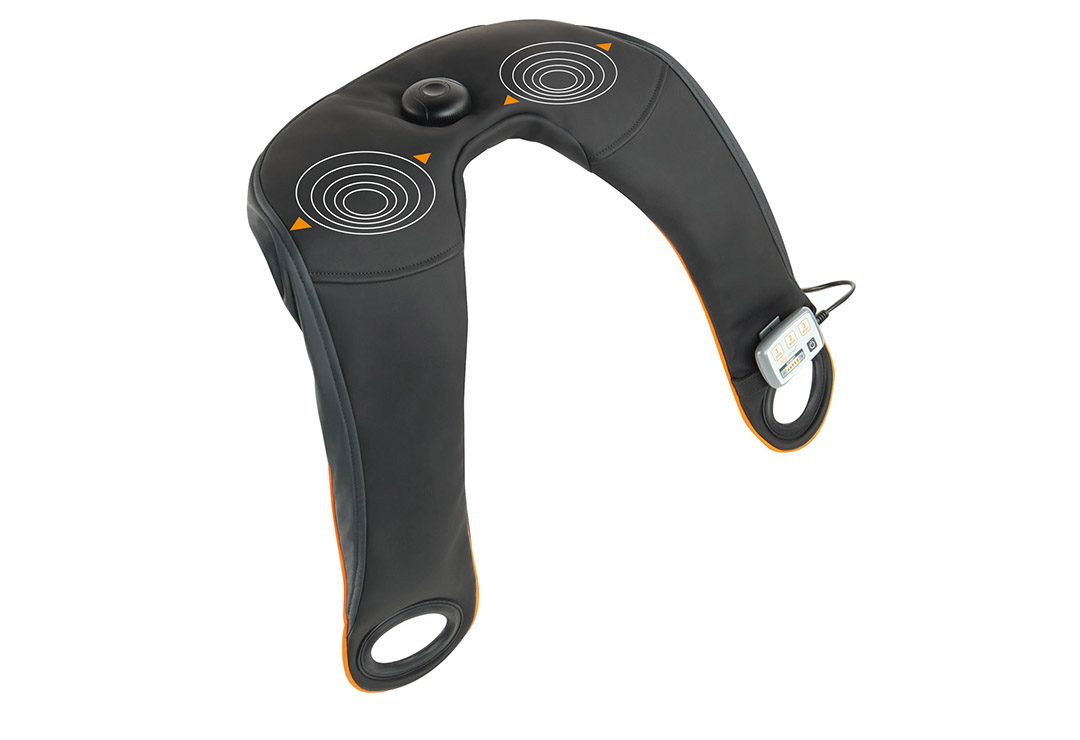Communication starts from the first phone call. When you set up your appointment, your massage therapist may ask you a few questions about your general health and well-being. She may ask if you are currently suffering from any type of illness or injury. While you may not feel it is her business to ask these questions, know now that your answers are incredibly important. Your massage therapist is listening for key symptoms that may raise a red flag - meaning that massage may not be good for you until after you've received professional medical attention.
A more in-depth conversation will occur when you arrive at your therapist's office. You will be asked to complete a health history form detailing any recent or current illnesses and past injuries. Perhaps you don't feel it's important to tell your therapist that you've had a common cold, but your therapist would disagree. Massage stimulates the function of the circulatory system, and if you don't tell your therapist about a cold or fever, for example, it may spread or become worse after the massage.
Not every injury or illness will prevent you from having a massage altogether, but that knowledge will help your therapist to determine exactly what type of massage is best for your body that day. For example, your massage therapist may be able to position you more comfortably, pay extra attention to areas that need specific work, or avoid areas that should not be worked on for whatever reason you indicated.
After you've completed your paperwork your therapist will probably ask you if you have any specific tender areas or if you have any specific goals for the session. Do not say, "Oh, I'd really just love to relax," if what you really mean is, "I'd love to get rid of this constant ache in my left shoulder." Telling your therapist the truth will enable him or her to tailor your massage to suit your desires. If you don't tell her what is bothering you, it will not be her fault if you still have that nagging ache when you leave at the end of the session.
Communication during your session is important as well. Your massage therapist is trained to treat your muscles, but he or she can not feel your pain or discomfort. You need to answer honestly when your therapist asks if you need more pressure, less pressure, or if you are in any sort of pain. You should feel free to let her know if you feel pain, regardless of whether or not she has asked.
Proper communication is essential to a successful massage session. Be open and honest with your massage therapist, and she will be able to give you the best massage or bodywork session possible - guaranteed.
Wellnessproducts > Massage & Relaxation
The Importance of Communicating with Your Massage TherapistIt's common for first-time massage clients to feel a little apprehensive going into their first sessions. Most aren't sure what to expect and feel a little nervous or self-conscious about a stranger touching his body. Because of this tension, many people tend to avoid conversation as much as possible during that first session, but little do they know they may be severely limiting the ability of the massage therapist to help them with their aches and pains.
 Published on 17.09. by  Mobile massagers Mobile massagersSelf massage is a good way to reduce stress and relieve tension. With our mobile massagers, you can achieve this all over your body!  Hot Stone Therapy Hot Stone TherapyThe use of hot stones is well-known as a healing technique by the Indian and Chinese people. Using massage and heat, certain parts of the body are stimulated which enhances the flow of warmth to the body's energy centres. Hot Stone Therapy can be used to release tension which is caused by stress, muscle ache and fatigue.  Massage mats Massage matsMassage mats are the perfect addition to every body care collection. Easily transportable, you can use them at home, at work, or on the road.  Massage cushions Massage cushionsThese cushions provide targeted heat, massage or relaxing vibration and are especially flexible in use.  Mini massagers. Mini massagers.Put your massager simply into a purse and take it with you: to the office, on a trip or wherever you may need it. With this you can provide tense bodyparts with a relaxing massage within seconds.  Seat Massager Seat Massager Optimize your time in front of the television or sitting in your work chair. Simply plop yourself onto your portable seat massager and you'll melt away muscle tension while you relax or work. |
- FREE DELIVERY (ECONOMY)
- Safe shopping: Payment with invoice, credit card, Paypal or Postfinance
- Warehouse in Switzerland (Widnau SG)


 Tapping massager Medisana MNT, CHF 67.00
Tapping massager Medisana MNT, CHF 67.00